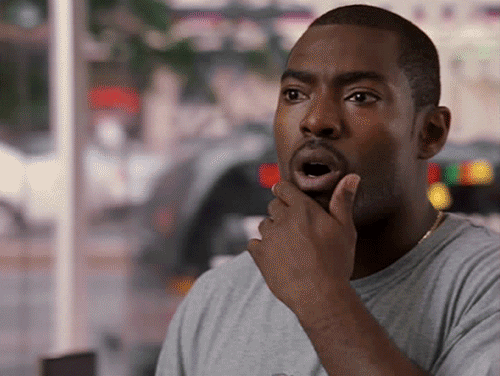Yes, I see a pattern called the appeal to emotion fallacy. I also see a false equivalent fallacy going on there.
Peoples' relationships are much more complex than a single thing.
Example: If the guy that you grew up with from childhood saved your mothers life in a flood or a fire and later on became a Trump supporter, but you two were friends up until that moment, would he still be your friend if all he did was vote differently than you? What if he just wanted lower taxes because he has a high house payment and can barely afford it and Trump promised to lower taxes?
Also, being a Trump supporter doesn't mean that you believe all of the rhetoric. There are levels. There are those that believe that Trump may bring some economic relief or jobs back to the U.S. There is a big difference between that and JD Vance level Trumpism. It is possible for someone to be misguided or have false hope and still be a friend-worthy person.
People who are prone to cults exclude anyone that is not fully immersed in the cult - mainly because the cult demands it. So NO, its not because of some feigned "higher standard" or "higher selectiveness" of friendship. Its because some people are simply more judgemental and cult-like in their judgements.
Its easy to say something like:
Somebody who doesn't believe in god will never be my friend.
Somebody who drinks will never be my friend.
Somebody who gambles will never be my friend.
Somebody who sold drugs will never be my friend.
See a pattern? Of course you do.
It is not nearly as simple as you try to make it out to be.










